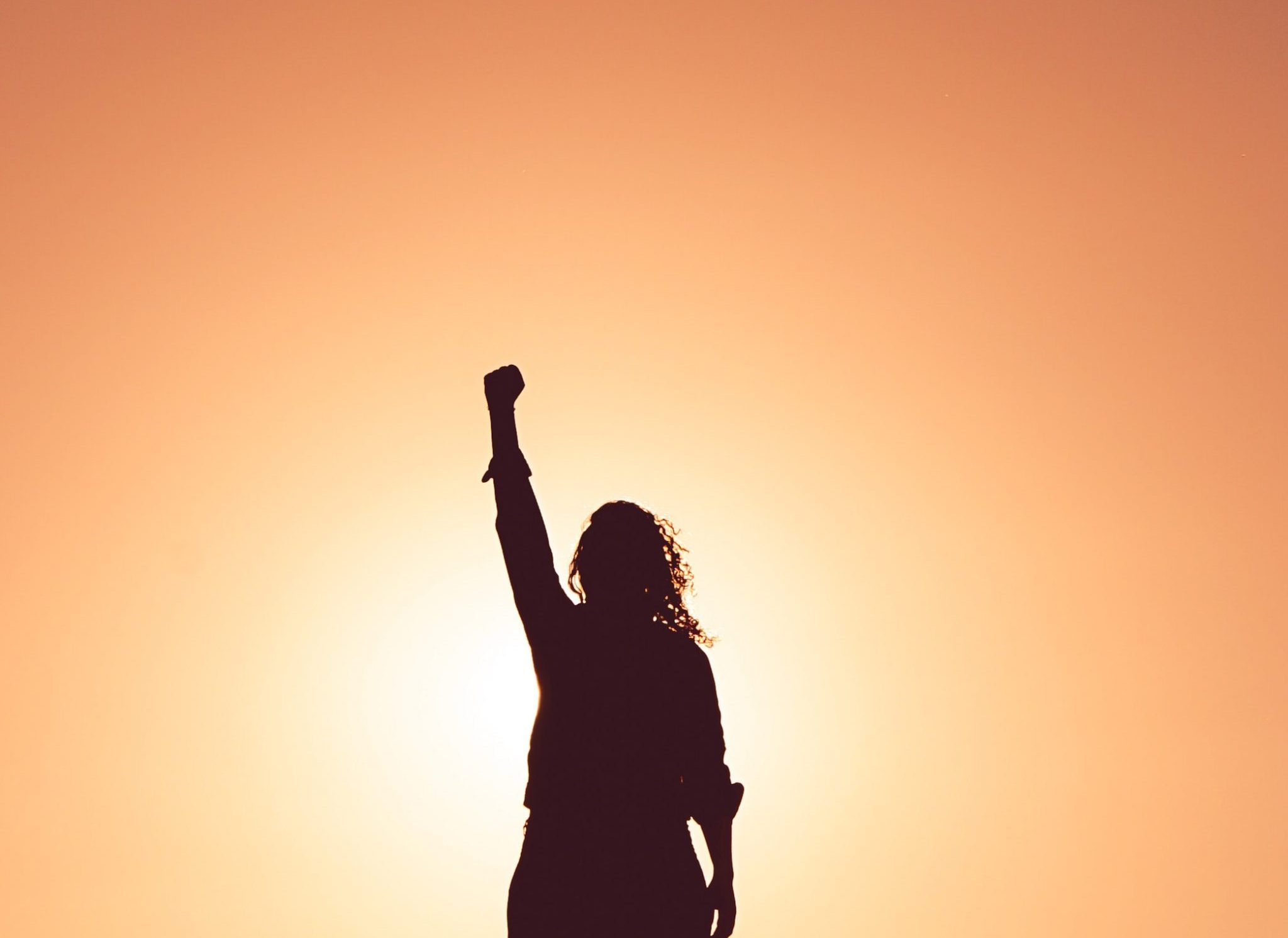In many developing countries, women and girls face unfair treatment due to cultural and religious expectations. However, many women from these countries have risen to the plate and have contributed significantly to fighting against the injustices that their fellow citizens face daily simply because of their gender. Their stories illustrate how powerful just one individual can be in fighting unfairness and inequality.
Sakena Yaacoobi
Sakena Yaacoobi, an Afghani education activist, left her successful career and family in the US to go back to her country to tackle girls’ inability to achieve the same education as their male counterparts. By the time she had returned to Afghanistan, there were 7.5 million refugees in a refugee camp set up in Pakistan, the majority of which were women and children. Sakena was shocked by what she found, including widows with several children and nowhere to go and boys who, after the deaths of their fathers, had to shoulder family responsibilities that were beyond their capacities.
Since Sakena was sent to the US by her parents for her medical education, she saw the power of education in transforming lives and set about building schools for young women to attend and empower themselves. With education at the time banned for all girls, Sakena had to think creatively to achieve her goals.
She started at the grassroots level, reaching out to citizens within the community to begin setting up schools. Within 1 year, 25 schools were set up and 15,000 children were attending. Sakena had succeeded and, even with the threat of the Taliban, stood her ground, eventually opening even more schools as well as training centers, within Afghanistan this time. This even involved going underground and educating thousands of women and girls. She became so well-known for her educational initiatives, that even Afghani men and boys wanted to take part in her initiatives!
Sakena’s experiences illustrate the importance of education for both men and women in solving the challenges that exist within the developing world. Her courage and resilience in the face of huge adversity in the form of unfair religious values helped her provide thousands of Afghani people with promising futures.
Musimbi Kanyoro
Musimbi Kanyoro, CEO of the Global Fund for Women, works to empower women within the idea of “isirika” or mutual care for one another. Her mother was a philanthropist who worked to help children in their community in Western Kenya attend school, even going so far as to have them stay in her home to do so. Her belief in the necessity of cooperation within communities to improve everyone’s well-being was key in her work.
Musimbi grew up with this belief in the power of communal cooperation but, through her experience in the field of international development, she began to realize that the concept of “isirika” was slowly dissipating, and new vocabulary of “donors” and “recipients” was taking center stage. Musimbi sheds light on the problem with international development, namely the diminishment of the importance of working at the grass roots level to tackle issues. The power of the community has been reduced due to the use of overarching terms: poverty eradication, sustainable development goals, inclusivity, returns on investment, and so on.
Musimbi believes in the importance of seeing the person, the human first, before their other identities. If each one of us were to see our fellow humans in this manner, couldn’t we target and solve many of the problems that we are currently facing? Maybe the key is to turn inwards, focusing on the local level, before branching out at the international scale. International organisations should focus on reaching out to individuals within the smallest of communities and funding women to really make a difference.
Khalida Brohi
Khalida Brohi launched her fight against the prevalence of honor killings in Pakistani society through a Facebook group. While many of her friends and cousins were being married off to older men, their educations being cut short, Khalida was lucky enough to have a father who supported her educational endeavors. As many as 1,000 honor killings are reported in Pakistan every single year and Khalida even lost a close friend to the practice.
When she and her team of neighbors and friends began fighting against honor killings and urging their community to stop engaging in such a hurtful cultural practice, they were attacked for going against Islamic values. However, rather than fight their community, Khalida and her team worked with them, offering embroidery courses for the women, which also included empowering them and informing them of their rights.
When the men saw that their wives were speaking up and making demands, they tried to stop them from attending the courses, but the team continued their fight, launching a foundation, and now hopes to support even more rural women across Pakistan. Khalida’s work illustrates that anyone, no matter where they come from or how young and inexperienced they might be, can succeed in stopping even the most damaging and outdated cultural practices.
These women work tirelessly to make huge changes in their communities and across the world, grappling with preconceived notions and serious, sometimes even life-threatening, challenges. Their stories and experiences are proof that just one person, one woman, can make revolutionizing changes in her country of origin.
References
(1) https://www.ted.com/talks/sakena_yacoobi_how_i_stopped_the_taliban_from_shutting_down_my_school#t-795395
(2) https://www.ted.com/talks/musimbi_kanyoro_to_solve_the_world_s_biggest_problems_invest_in_women_and_girls#t-850811
(3) https://www.ted.com/talks/khalida_brohi_how_i_work_to_protect_women_from_honor_killings#t-1069567



